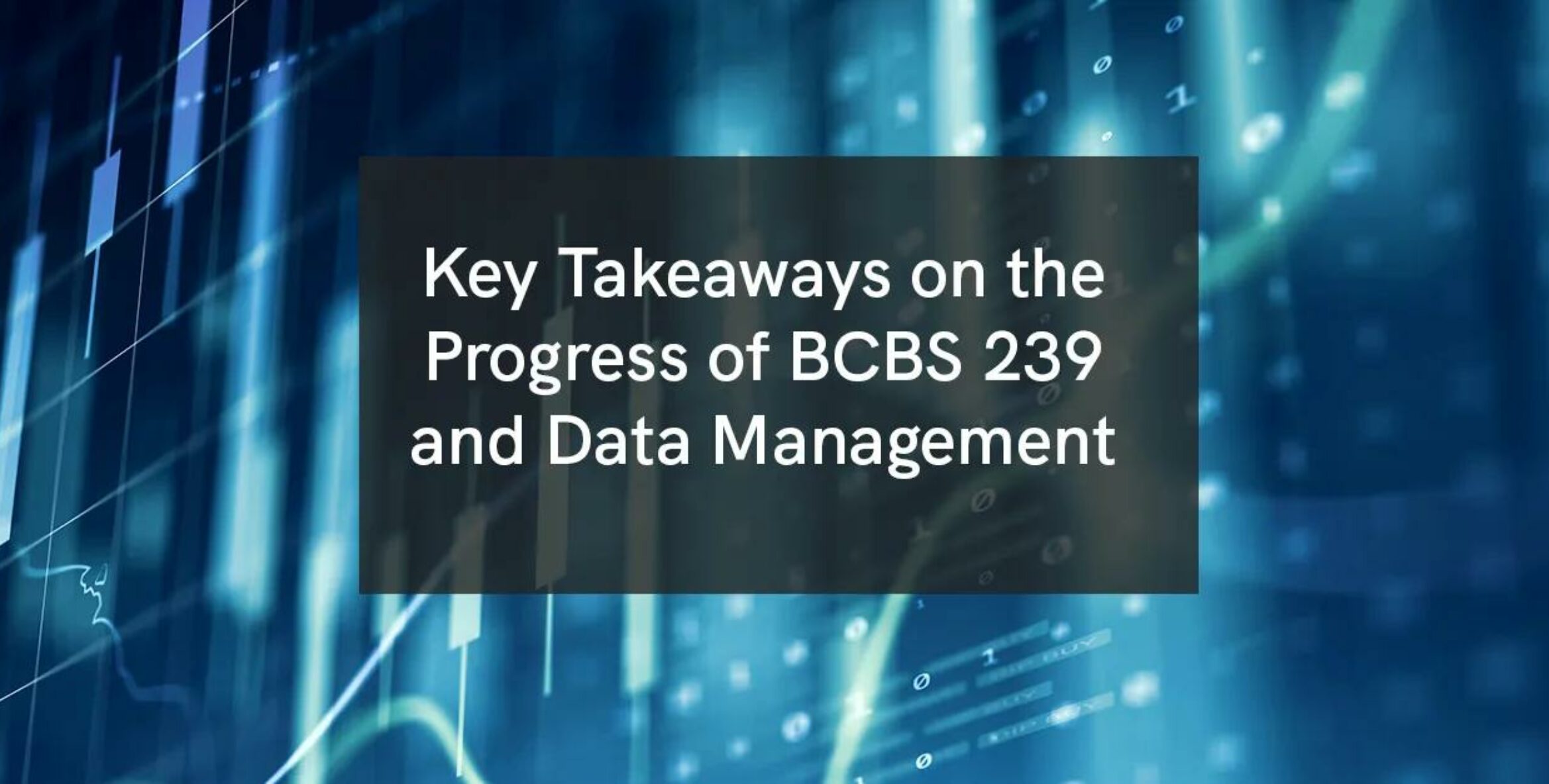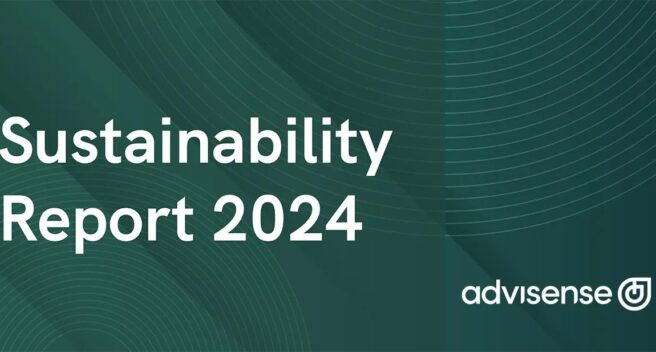Key takeaways on the progress of BCBS 239 and data management
With ECB continuing monitoring the progress on BCBS 239 – Principles for effective risk data aggregation and risk reporting, we asked Björn Heir, managing the Global Data Management & Innovation team at Advisense, with more than 35 years of experience in this area, for some reflections and key takeaways on the current status and progress.

You have fresh experience from an on-site inspection by the ECB, what are your key takeaways on how to prepare for such an activity?
“These inspections are rather massive and tend to steal the priorities of many key individuals in the bank for an extended period. The request for information from the inspection team prior to the on-site phase widely covers decision making, set-up and actual operational activities and evidence of ability in the risk data areas. So, if you start defining the approaches or creating documentation when the inspectors are at the doorstep, you are simply too late. The inspection can go deeply into practical and technical details and involve both hands-on practitioners and functional managers as well as top management”, says Björn.
“It is not sufficient to describe only plans or roadmaps, as the supervisor seeks to verify that all stakeholders in the organization “know what they are doing” in relation to risk data going into risk reports, metrics and the bank’s decision-making process. In addition, all financial and regulatory reporting are in scope of BCBS 239, not only risk reporting”, he continues.
From the perspective of the EDM Council, what shifts have you observed over the years on focus and investments within this area?
“The financial sector, driven by rather complex regulations, has been a forerunner. The larger financial institutions face both external and internal drivers to manage data well – in order to have the important data identified and placed under management, to understand data quality in a holistic way to be trusted instantly for decision making and reporting. The foundational nature and extent of the work needed across the organisation, to provide and consider the data aspects of a business strategy that goes into the data or digital domain, has been difficult to break down and address.
Other industries, with less regulatory obligations, can choose which areas to prioritise and refine, for instance to focus first on driving data quality management”, Björn explains.
What differentiates a well-functioning and progressing institution compared to the ones that need more focus and remediation?
Accroding to Björn, the biggest difference is probably in the level of awareness and understanding of accountability. “The board of directors and the executive management team must understand both conceptually but also from an operational perspective, what it means to manage data, take control of data assets and data flows for an organization to be functional and having access to required funding. A phrasing that I think is illustrative is “it takes a village to have good data”, meaning that the bank as a whole needs to operationalize the data management strategies as approved by senior management. An additional view I think is important is to understand that data is not a technical consideration, or a side-track of IT, but an asset that just like other assets needs to be managed and governed carefully”, says Björn.
You usually state that successful data management only comprises 30 percent of the efforts deployed in technology and systems like ETL and data warehousing. What does the remaining 70 percent of the efforts consist of?
“Proper data management is a topic whose main ingredients clearly are falling into the non-technical space – into corporate governance, operating models and the ability and skills in the business to take and execute ownership of their data requirements – with focus on content and meaning of data. Modern data management needs to be supported by technology platforms for metadata management, data lineage tracking and data cataloguing, as examples, in addition to more traditional data warehousing and reporting platforms which are of course relevant both now and going forward”, Björn says.

